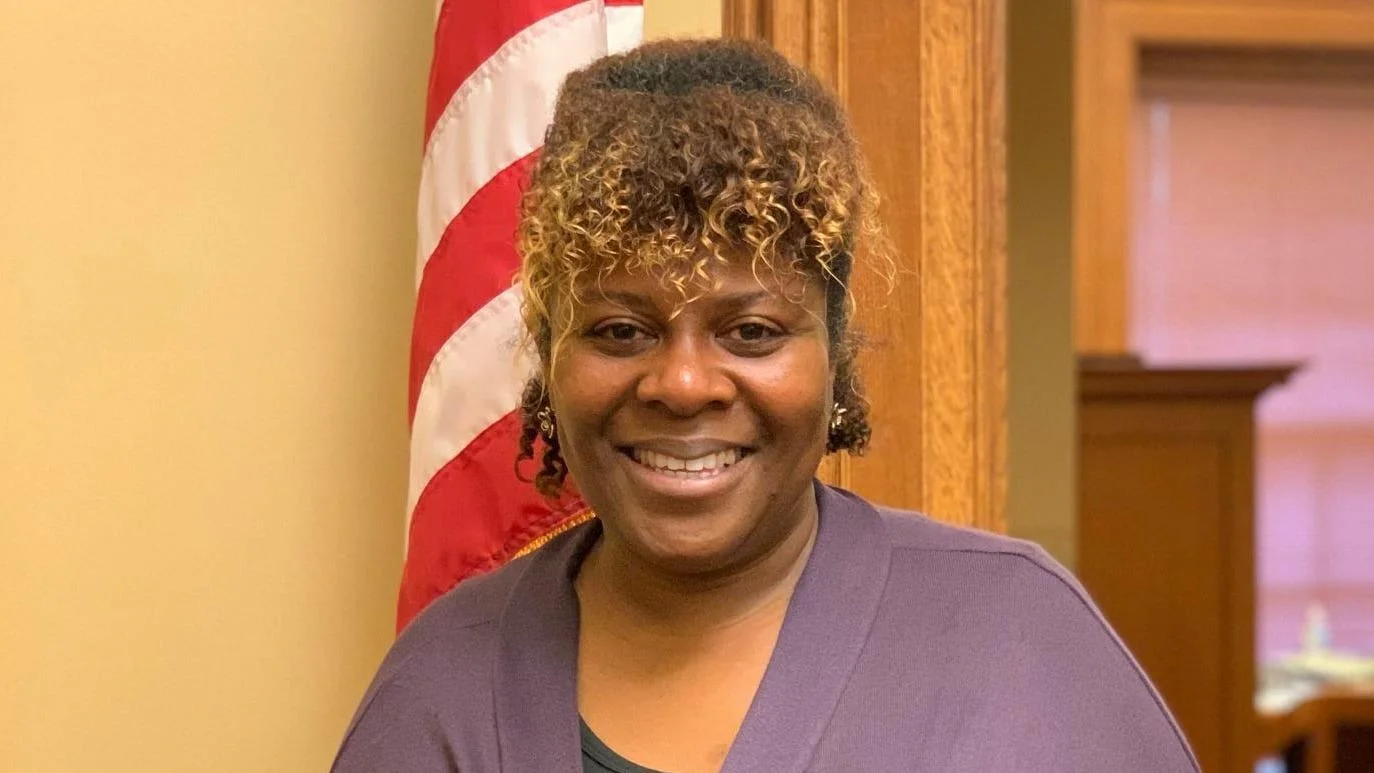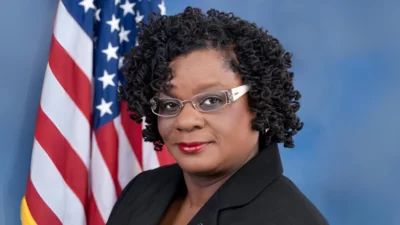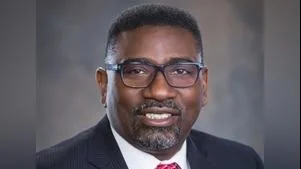LaTonya Johnson, Wisconsin State Senator for 6th District | Facebook
LaTonya Johnson, Wisconsin State Senator for 6th District | Facebook
According to the Wisconsin State Legislature's official website, the bill was described as follows: "payment for school medical services. (FE)".
The following is our breakdown, based on the actual bill text, and may include interpretation to clarify its provisions.
In essence, the bill amends Wisconsin statutes to require the Department of Health Services (DHS) to increase reimbursements for school medical services and administrative costs provided by school districts, cooperative educational service agencies, and specific state programs. Previously, DHS reimbursed 60% of the federal share for allowable charges and 90% for administrative costs. The bill changes the reimbursement rate to 100% for both categories. The change applies to services provided by the Wisconsin Center for the Blind and Visually Impaired and the Wisconsin Educational Services Program for the Deaf and Hard of Hearing, aiming to fully cover federal share costs. This change will become effective upon passage.
The bill was co-authored by Representative Robyn Vining (Democrat-13th District), Senator Dora E. Drake (Democrat-4th District), Senator Dianne H. Hesselbein (Democrat-27th District), Senator Sarah Keyeski (Democrat-14th District), and Senator Chris Larson (Democrat-7th District). It was co-sponsored by Representative Clinton M. Anderson (Democrat-45th District), Representative Margaret Arney (Democrat-18th District), and Representative Mike Bare (Democrat-80th District), along with 33 other co-sponsors.
LaTonya Johnson has authored or co-authored another 38 bills since the beginning of the 2025 session, with all of them being adopted.
Johnson graduated from Tennessee State University in 1997 with a BS.
Johnson, a Democrat, was elected to the Wisconsin State Senate in 2017 to represent the state's 6th Senate district, replacing previous state senator Nikiya Harris Dodd.
In Wisconsin, the legislative process starts when a senator, constituent, group, or agency proposes an idea for a bill. After drafting, the bill is introduced, numbered, and referred to a committee for review and public input. If approved, it moves through three readings and votes in both the Senate and Assembly. Once both chambers pass the same version, the bill goes to the governor, who can sign it, veto it, or let it become law without a signature. Only a small share of bills introduced each session ultimately become law. You can learn more about the Wisconsin legislative process here.
| Bill Number | Date Introduced | Short Description |
|---|---|---|
| SB349 | 06/27/2025 | Payment for school medical services. (FE) |
| SB348 | 06/27/2025 | Training to address student mental health and making an appropriation. (FE) |
| SB347 | 06/27/2025 | Aid for comprehensive school mental health services and making an appropriation. (FE) |
| SB346 | 06/27/2025 | Grants for prospective school social workers, granting rule-making authority, and making an appropriation. (FE) |
| SB342 | 06/27/2025 | Coverage of treatment for mental health or substance use disorders under health insurance policies and plans |
| SB340 | 06/27/2025 | Stipend payments for school social worker interns and making an appropriation. (FE) |
| SB336 | 06/19/2025 | Sales and transfers of firearms and providing a penalty. (FE) |
| SB332 | 06/19/2025 | Prohibition against undetectable firearms, possessing a frame or receiver of a firearm without a serial number, and providing a penalty |
| SB330 | 06/19/2025 | Waiting period for purchase of handguns |
| SB329 | 06/19/2025 | Extreme risk protection temporary restraining orders and injunctions, making an appropriation, and providing a penalty. (FE) |
| SB250 | 05/09/2025 | Prohibiting abandonment of a boat and providing a penalty |
| SB187 | 04/14/2025 | Study of guaranteed employment grant program and making an appropriation. (FE) |






 Alerts Sign-up
Alerts Sign-up